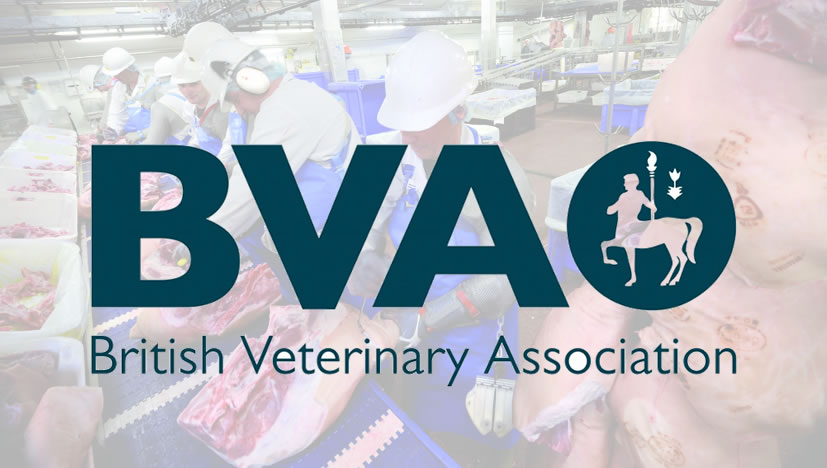The British Veterinary Association (BVA) has called on government and industry to lead in developing new and cost efficient ways to capture and analyse disease and surveillance data, alongside a warning on how quickly new diseases could spread across the UK.
The BVA call follows an association survey which revealed that 9 out of 10 production animal vets now conduct their own post-mortems (PMs), following the closure of some laboratories in the APHA surveillance network. However, Less than 5% of vets in-put PM results into a national system and less than 1% pass results to a benchmarking group.
These statistics come six months after the Environment Secretary, Elizabeth Truss, announced Defra’s commitment to big data, a move which is now being questioned by the BVA.
“We have heard a lot about big data and its positive uses economically and socially, with disease surveillance being a shining example of where big data and innovative data capture comes into its own,” said BVA President, Sean Wensley,
“In a global world, where diseases can emerge in our livestock without having previously been seen on these shores, being able to quickly join up the dots of disparate disease data is vital.
“We understand that Defra and APHA must make difficult choices due to economic pressures and we very much welcome research already utilising post mortem data such as the Agriculture and Horticulture Development Board’s Fallen Stock Project. What we now need is clear communications and guidance on carcase collection and access to PM examination arrangements together with a determination to see this as an opportunity to innovate, exploring how digital technology can help vets in the field record and capture data that feed into national databases and help us to see the bigger picture.”
BVA is therefore asking that all vets affected by laboratory closures are clearly informed about alternative arrangements for carcase collection and PMs, especially as 63% of vets affected by laboratory closures report that carcase collection in their local area is “not working well”.
“We are calling on government and industry to lead in developing new and cost efficient ways to capture and analyse disease and surveillance data, drawing on innovations in digital technology and big data analysis,” said BVA.




